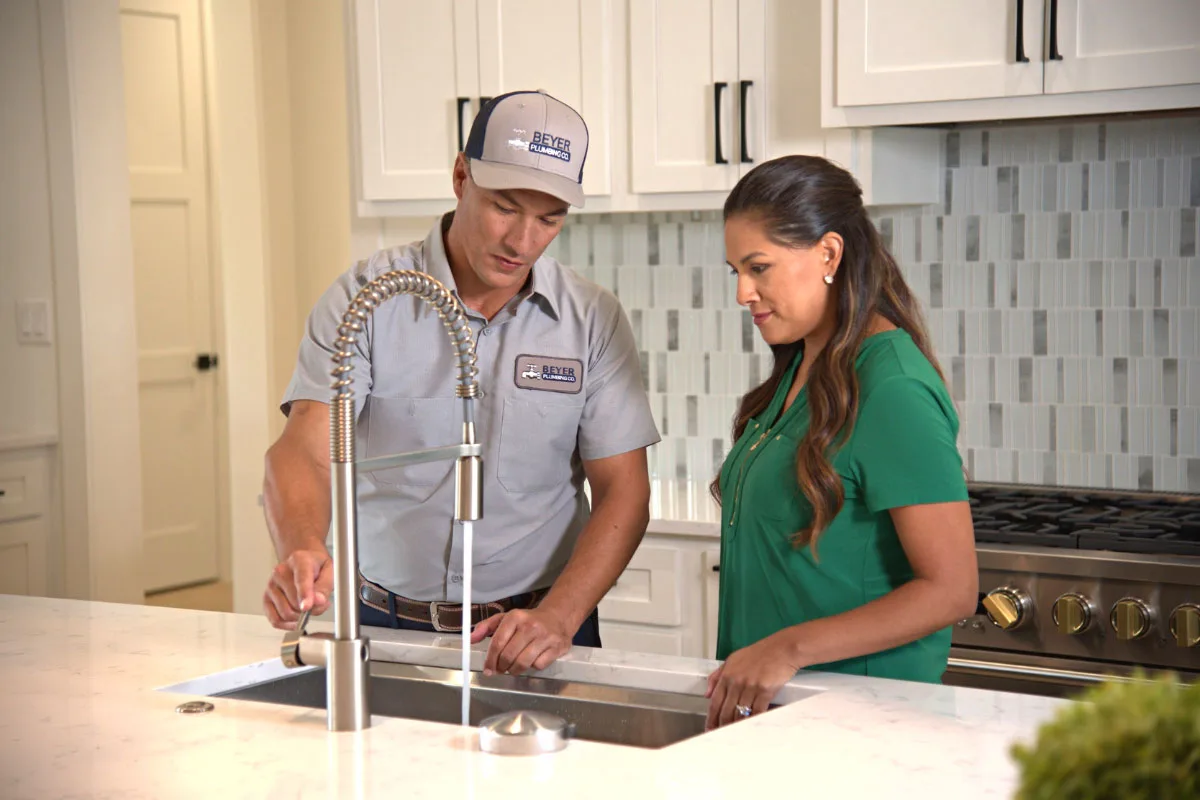
A clogged drain can be frustrating to deal with, disrupting daily routines and potentially causing water damage if not addressed promptly. Understanding what causes drains to clog can help you prevent future problems and tackle them effectively when they occur.
Common Locations Where Drains Clog
Clogs can occur in different areas of your home but often in places that see heavy, everyday use. The kitchen sink, for example, is a prime spot for clogs because food particles, grease, and soap residue can build up over time. Even if you have a garbage disposal, some things, like coffee grounds or fibrous vegetables, can still cause a blockage.
In the bathroom, sinks and shower drains can easily get clogged. Hair, soap scum, and toothpaste often build up, creating a thick mix that slows water flow. The bathtub or shower is especially prone to hair clogs.
Toilets are another common location for clogs, especially if people flush non-flushable items like wipes, feminine products, or too much toilet paper. These blockages can be more challenging to fix and require extra attention.
Signs of a Clogged Drain:
Not all clogs are immediately obvious, but a few signs can alert you early:
- Slow-draining water in sinks, tubs, or showers.
- Gurgling sounds coming from drains or pipes.
- Water backing up into other fixtures.
- Unpleasant smells from the drains.
- Another common drain issue, especially in two-story homes, is the condensate drain from the AC unit. This can sometimes clog, leading to water buildup and drainage problems. Be sure to keep an eye on your HVAC system, as this can be linked to larger home maintenance issues.
How to Fix a Clogged Drain:
When you spot a clog, there are several ways to fix it depending on the severity:
- Plunger: Great for minor clogs in toilets and sinks, using pressure to dislodge the blockage.
- Chemical Drain Cleaner: Helps dissolve hair, soap, or grease but should be used sparingly to avoid pipe damage.
- Plumbing Snake (Auger): A flexible tool to physically remove tough clogs deep within the pipes.
- Baking Soda & Vinegar: A natural alternative that can break down more minor clogs while deodorizing the drain.
- Call a Professional: If the clog persists or recurs, it’s best to consult a plumber to avoid more significant issues.
Avoiding clogs is usually simpler than fixing them. Drain covers catch food particles in the kitchen and hair in the bathroom. Avoid pouring grease down the sink; be mindful of what you flush down the toilet. You can keep your drains clear and flowing smoothly with regular care and attention.
Beyer Plumbing is here to assist if you’re dealing with persistent clogs or need professional help. Our expert team can quickly assess and resolve any drainage problems to keep your home running smoothly. Contact Beyer Plumbing to schedule a service and ensure your plumbing is in top shape!


